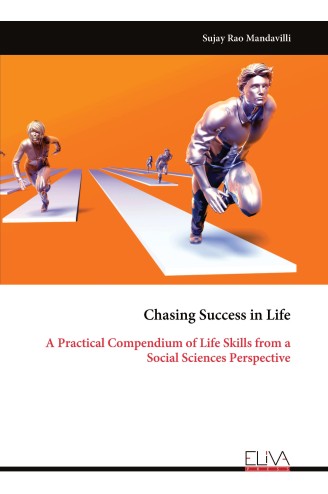
Chasing Success in Life
$ 49.5
Description
A skill as it is understood in everyday parlance, refers to either the actively and consciously learned or the innate and intrinsic ability to act towards the achievement of a goal or a set of goals with steadfastness, determined, precision and vigour and through the use of fixed and a calculated amount of time, energy, and financial resources. Skills are often subdivided into general and activity-specific or focused skills. Common examples of general skills include general and time management, hard work and commitment, teambuilding and teamwork and thought leadership, besides self and third party, motivation. In contrast, activity or domain-specific skills refer to those skills that are applicable only for a specific kind of activity, for e.g. carrying out a military operation, or achieving expertise on a particular subject. A skill may be called an art when it represents a body of knowledge or branch of learning, such as in the case of the art of precision surgery or the art of warfare. All types of human quotidian activities require some type of skills, though the degree and extent of skills may vary on a case to case basis. Jobs also require some kinds of skills to varying degrees, and jobs may be classified and categorized into unskilled jobs, semi-skilled jobs, and skilled jobs. Examples of unskilled jobs include that of a restaurant waiter (This kind of job however requires a basic degree of skills such as customer management and customer service), examples of semi-skilled jobs include that of a chef, while examples of a job requiring a high degree of skills may be that of an aeronautical engineer. The latter requires years of training and practice, and many formal certifications to boot. People need a broad range and a wide variety of complex skills in order to contribute to a modern economy and contribute to the complex technological society that is so characteristic of the twenty-first century. The development of people’s proficiency in basic and key skills must become not only central and intrinsic to government and public policy, but also to the design of education systems all over the world through the improvement of pedagogical theory.



